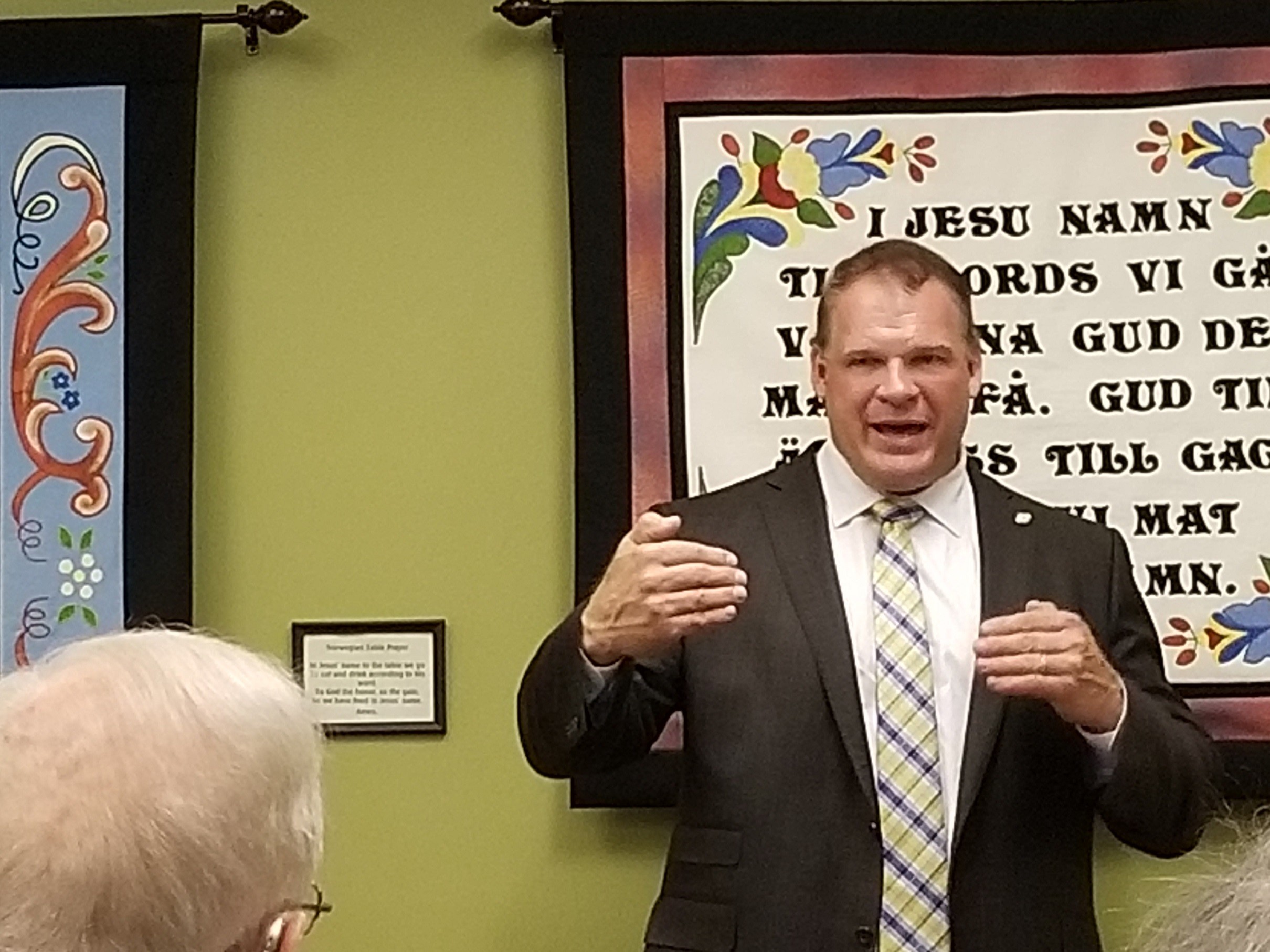Rob Link is the communications director for Knox County Mayor Glenn Jacobs. We asked him what the mayor’s plan is now that the town of Farragut has rejected his proposed Growth Policy Plan. His response:
“With the outcome of the Farragut vote, the Mayor will have to reconvene the Growth Policy Coordinating Committee at some point. That said, there is no timetable for that right now.
“Leading up to the vote, the Board of Mayor and Aldermen had some questions that, we believe, were answered to their satisfaction. Mayor Jacobs had hoped it would pass but ultimately was not surprised when it didn’t.”
Starting over isn’t a place you want to be with a policy that can take months to cobble together. Link puts the best face he can on the impasse, but Farragut’s opposition to the Jacobs amendment to the plan didn’t spontaneously erupt in late January.
Complaints about stripping development safeguards from rural areas were front and center early in the process, and the story is an old one in Knox County. New residential development adds hundreds of daily vehicle trips to existing infrastructure, already overburdened in many instances, and developers move on without a backward glance.
Local efforts to rationalize development began at least 40 years ago. Farragut incorporated on a wave of dissatisfaction with lax codes enforcement that stuck many West Knox County homeowners with flooded yards and crumbling hillsides.
Last June the Knox County Planning Alliance (KCPA) released a statement timed to coincide with the ongoing Growth Policy Plan discussions. KCPA describes itself as “a voluntary organized community group advocating for managed growth with coordinated infrastructure, long term comprehensive planning, conservation, and responsible development practices … Citizen groups throughout Knox County have a shared concern that continued growth without adequate, coordinated infrastructure will have long-lasting, irreversible effects.”
Kim Frazier, a spokesperson for KCPA, said citizens in Karns and Hardin Valley who were pushing for a new middle school several years ago discovered “Sector Plans were outdated, recommendations from these plans had never been implemented, and there was no active comprehensive growth plan for Knox County. “The resulting costs of scattered developments and the ease of zoning changes and sector plan amendments were unsettling.”
The KCPA statement continued: “We feel very optimistic and hopeful that Mayor Jacobs will lead the way in introducing intentional growth concepts to the communities of Knox County.”
The concluding statement was made before Mayor Jacobs amendment to the existing growth plan. The Farragut Board of Mayor and Aldermen’s rejection of the amendment is probably a fair indication of how “optimistic” KCPA is now.
The lingering question is why the mayor pushed the amendment in the face of clear indications that it would receive a chilly reception. Perhaps he was lulled by former Knoxville Mayor Madeline Rogero’s endorsement. As astute as the ex-mayor is, she doesn’t live in Farragut.
Click the following link for the excised rural zoning restrictions Rural Areas Zoning.
Larry Van Guilder is the business/government editor for KnoxTNToday.

